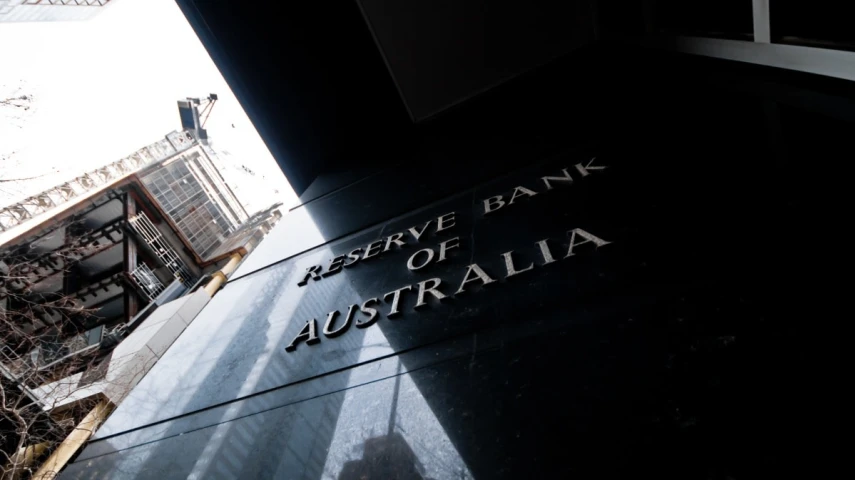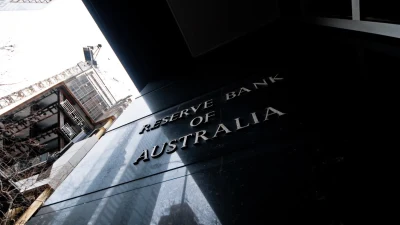Will RBA continue rate pauses following inflation peak?



With growing expectations that the Reserve Bank of Australia (RBA) will extend its interest rates pause, some believe further hikes aren’t completely ruled out.
At the beginning of April, the RBA decided to hold the official cash rate at 3.6 per cent. This ceased the previous 10 months of rate hikes which began in May 2022.
On 27 April, Treasurer Jim Chalmers confirmed inflation had “passed its peak” as data demonstrated CPI inflation was 7 per cent in the year to the March quarter. This was down from 7.8 per cent in the December quarter.
Prior to the central bank’s meeting on 2 May, Scott Solomon, co-portfolio manager of the T. Rowe Price Dynamic Global Bond Strategy, supported the expectations of further rate pauses.
“We believe the May Reserve Bank of Australia meeting will be a repeat of April with the RBA declining to hike rates,” he said.
“The recent CPI print signalled progress is being made on the inflation front and we suspect the RBA would like to see how the economy evolves during this period of heightened mortgage resets.”
Solomon believed the RBA could attempt a ‘hawkish tone’ by entertaining the idea of more rate rises, but he was certain Australian had reached the terminal rate.
“Furthermore, we think that there are political pressures weighing on the commitment to support a pause. However, if Governor Lowe ultimately determines that a rate hike is necessary, there are data points available to support such a decision,” he added.
Despite the general consensus, the co-portfolio manager recognised the meeting’s outcome was not fully locked in.
David Bassanese, BetaShares’ chief economist, was also aligned with Solomon’s view of two likely possibilities.
“While the market and most economists (myself included) expect the RBA to extend its pause, some suggest last week’s CPI was high enough to justify a hike. So along with the Fed, there is a risk of a hawkish surprise this week,” he commented.
Bassanese added that the RBA would wait for the Q2 CPI results on 26 July before making another hike. Despite this, he did not expect prices to remain stubbornly high.
Moreover, GSFM investment strategist, Stephen Miller, further pushed the sentiment that the inflation peak was in the past.
“A continuation of the “pause” in policy rate hikes looks set to continue even if some negative risks remain. Barring an unanticipated spike in either the monthly CPI indicator or wage measures, the next rate hike window will not occur until the 1 August Board meeting after the June quarter CPI release on 26 July,” he said, echoing Bassanese’s thoughts.
Also last month, the RBA welcomed the 294-page review which would see the establishment of two separate boards. One would focus solely on monetary policy and the other would target governance.
Miller shared that the sweeping overhaul was of no surprise, with the central bank’s current framework and its relationship with the Government ‘needing updating’.
“By and large the mooted changes are welcome. While the RBA as an institution has served the country well over the last three decades, where there have been problems it can largely be put down to a somewhat insular culture that saw its deliberations take place in a silo environment somewhat removed from outside sources of influence,” he said.
He reinforced that the dual board recommendation would mitigate a concentration of power relating to central bank decisions.
However, the investment strategist said there were no guarantees: “This model is akin to those attaching to the Bank of Canada (which after a stumbling start has made a decent fist of grappling with the recent inflation breakout) and the Bank of England (which has a more indifferent record)”.
Recommended for you
Clime Investment Management has welcomed an independent director to its board, which follows a series of recent appointments at the company.
Ethical investment manager Australian Ethical has cited the ongoing challenging market environment for its modest decrease in assets over the latest quarter.
Commentators have said Australian fund managers are less knowledgeable compared with overseas peers when it comes to expanding their range with ETFs and underestimating the competition from passive strategies.
VanEck is to list two ETFs on the ASX next week, one investing in residential mortgage-backed securities and the other in Indian companies.















